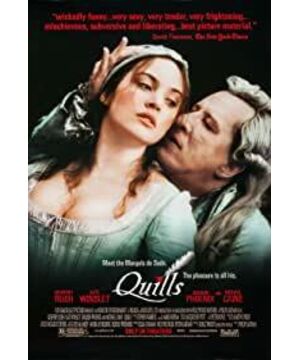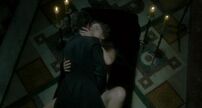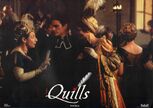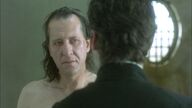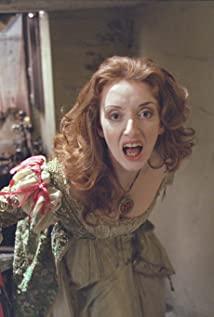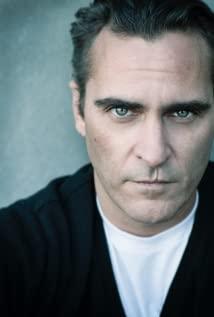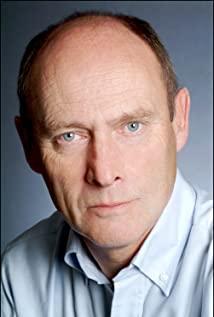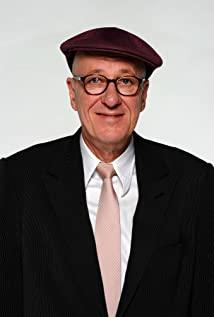I love the first five-sixths of the movie.
Good, evil, human and bestiality, or bestiality and sociality.
The maid's life ends when she actually does her imaginary heroine once more. Perhaps the saying of the concept of love literature and art is that when she is rejected by the priest, her life is over. But before she left the priest, what she wanted most was to watch an exciting story that she could not realize in reality.
In order to be "good" in reality, we need to vent "evil" in the fantasy world. When the pleasure of chasing this catharsis becomes more and more rampant, the evil being chased will become reality and destroy us.
Human nature is good, and morality is maintained, perhaps to be more happy. Or rather, to delay the destruction. The freest, the most indulgent, the happiest, and this happiest is often followed by final destruction. Therefore, people choose to use morality, ideals, and love and care to limit the spread of "evil".
ps, kate winslet's image of a happy, sunny and artistic young woman is really lasting. Therefore, if young women in literature and art can distinguish between art and reality, then they will not become unreliable young women in literature and art.
View more about Quills reviews


